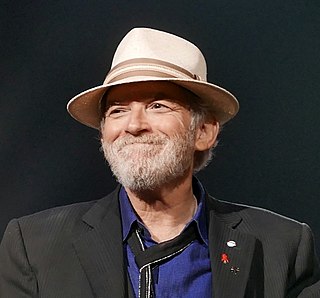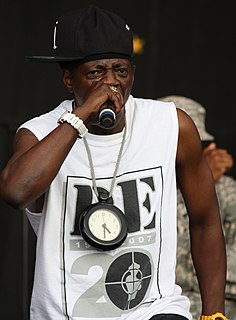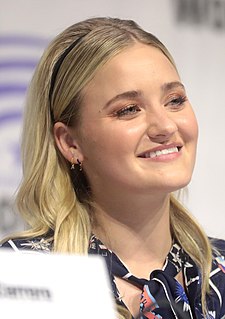A Quote by Kelly Sue DeConnick
I'm not particularly good at page layouts. I make an effort to stay out of the way of the artist. What I'll try to express instead is, 'What we're going for here on this page is the idea of the containment of these women's bodies. So I want them framed as though they're bursting out of the panel borders.'
Related Quotes
Yes, the fear of its blankness. At the same time, I kind of loved it. Mallarmé was trying to make the page a blank page. But if you're going to make the page a blank page, it's not just the absence of something, it has to become something else. It has to be material, it has to be this thing. I wanted to turn a page into a thing.
My writing just kind of exists out there in the air-it's all sort of intended as spoken, or sung, word. So, to commit them to the page...that way was kind of intimidating to me, yet intriguing, to try to reflect the rhythms and connotations and emotions that you can deliver, speaking-wise, on a page.
If it bothers me on the page, I don't do it. If it attracts me on the page and moves me, makes me think a bit, makes me laugh, makes me cry, I'm interested in it. If it's there on the page, it means it's there and up to me to bring it out. I have done some films along the way that have been screwed up and not as good as they read. Some films that are not that good on the page turn into good movies. So I'm fallible is what I'm saying.
For me a page of good prose is where one hears the rain. A page of good prose is when one hears the noise of battle.... A page of good prose seems to me the most serious dialogue that well-informed and intelligent men and women carry on today in their endeavor to make sure that the fires of this planet burn peaceably.
The only place where you can really surprise or shock the reader, or make someone laugh, is on the lower righthand corner - the very last panel - so as you turn the page, the payoff is in the upper lefthand panel. To pace every story so that there's a setup and a payoff at the page turn was a huge challenge; it's a part of the medium and you really have to learn what can be done in the medium.
The bigger the budget, the more people that you have to coordinate and it's not easy to do that always because, not only do people have trouble communicating in that way, but often there are internal disagreements and everybody is not necessarily on the same page. Even in a big-budget movie with famous actors and directors, everybody could be on a completely different page. The director has to figure out a way of getting everybody on the same page, more or less, and keeping them there.
In the age of social media and dating apps, so many people are able to hide behind their Instagram page or their Raya page or Facebook. And it's like, 'Let's set something up! I want to meet face-to-face.' And 'Take Me' was about, 'Are you going to take me out? Do I have to be the first person to make the move?'
Sharing the same vision for what's on the page is always a good idea. The director's job is to establish what that is and make sure that everyone sticks to it when it comes down to actually executing it. Establishing what the vision is and being able to stick to it is the job, and everyone should be on the same page going in.






































